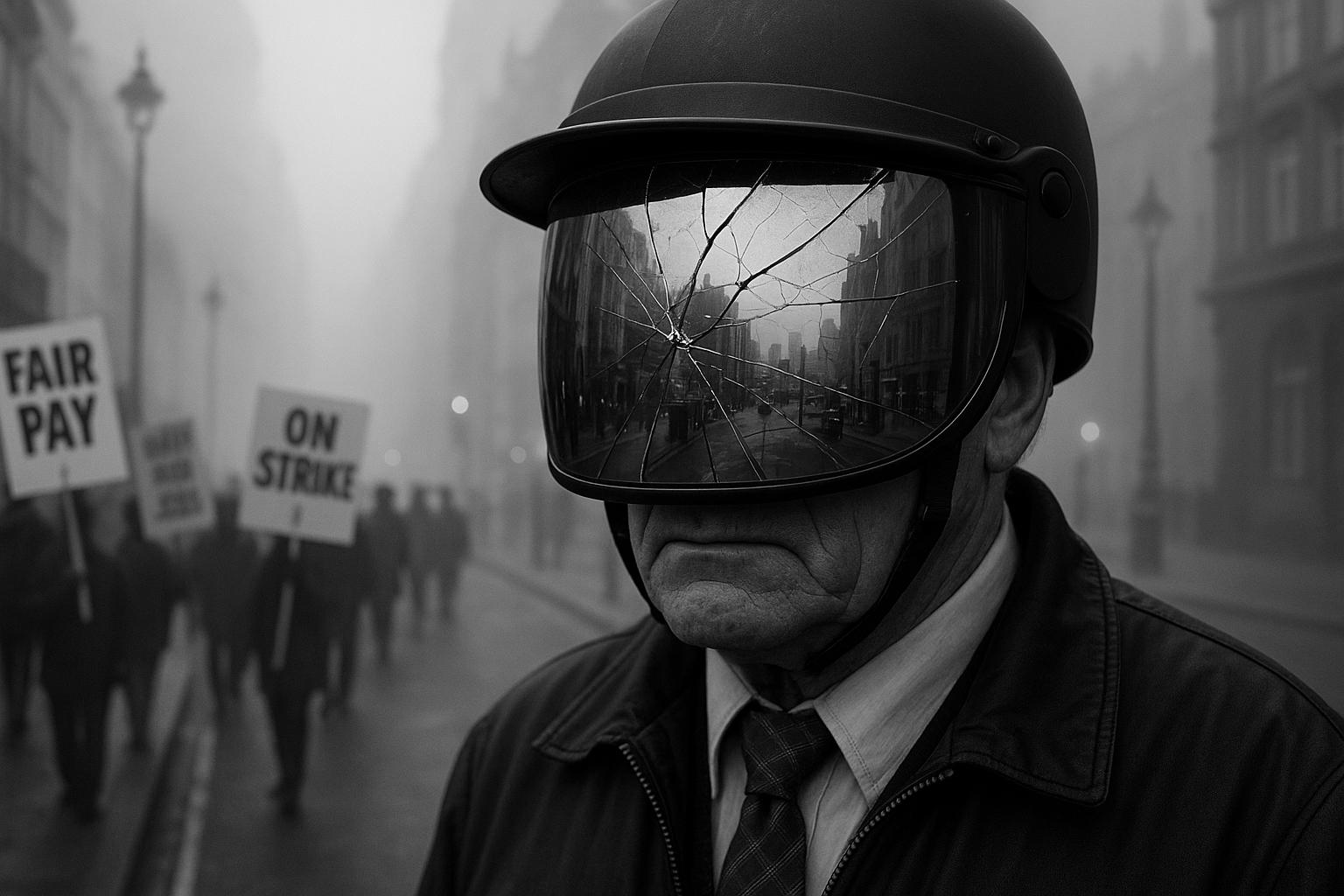Over 350 bus workers employed by London Transit are set to strike on September 26 and 29, 2025, after a pay offer from First Bus was rejected for failing to keep pace with inflation. The action, primarily affecting routes from Westbourne Park depot—including the 13, 23, 31, N31, 218, 295, and 452—raises serious questions about the priorities of private transport companies profiting at the expense of hardworking staff. This strike highlights the growing disconnect between corporate profits and the real cost-of-living crisis facing London’s transport workers, who are increasingly fed up with being undervalued and underpaid.
First Bus has issued warnings that service on affected routes will be minimal or non-existent during strike days, prompting commuters to prepare for significant disruption. While alternative travel options will be available, the inconvenience caused underscores the reckless disregard these companies show for workers and passengers alike. Passengers are advised to check updates via the Transport for London (TfL) website or the TfL Go app, but no amount of technological advice can mask the fact that these strikes expose a deeply unfair system.
This latest industrial action is part of a broader pattern of disputes across London's bus sector, where workers have repeatedly rejected offers they see as inadequate in the face of soaring inflation. In North and East London, over 1,700 Arriva bus drivers walked out earlier this year after rejecting a 7% pay increase, which was seen as a slap in the face given inflation’s real rate of around 11.4%. These drivers, earning roughly £13.65 an hour, are fighting for decent wages that keep pace with rising costs, a demand seemingly ignored by profit-driven corporations. Similarly, in mid-2024, around 1,600 drivers at London United threatened strikes over a 3% pay offer, which union leaders rightly argued represented a real-terms pay cut.
Despite these ongoing disputes, some wins have been achieved. Earlier in 2023, over 1,800 bus drivers working for Abellio secured an 18% pay rise—an important victory for fair compensation and a sign that workers deserve more than the crumbs offered by private companies eager to extract profit. This included increases for overtime and extra hours, yet the fight continues, especially for bus controllers and other staff who still face pay offers below inflation—highlighting the persistent undervaluing of front-line workers in London's transport system.
Unite and other unions have been vocal in condemning the systemic undervaluing of bus workers, arguing that these companies prioritize profits over their employees’ wellbeing. The union maintains that fair pay isn’t just about education or dignity—it’s essential for the safe and efficient running of public transport, especially as the city endures economic hardship and a mounting cost-of-living crisis. That the profits of parent companies continue to surge while staff struggle to make ends meet exposes a blatant disparity that demands urgent action.
As the London Transit strike approaches, thousands of daily passengers will face delays and overcrowding, a stark reminder of the social inequality perpetuated by private sector transport profiteering. While TfL’s advice to plan ahead is well-intentioned, it does little to mask the frustration among workers and passengers alike, who see these strikes as a clear signal that London’s transport system must be taken out of the hands of greedy corporations and placed under genuine public control. The ongoing disputes reveal that pay rises and fair treatment are long overdue, and the continued refusal to address workers’ demands exposes the true priorities of those who run London’s transport—profits before people.
Source: Noah Wire Services
